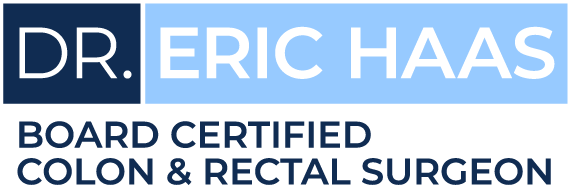Symptoms, Diagnosis, and Treatment of Ulcerative Colitis
Ulcerative colitis is a chronic inflammatory bowel disease that leads to the inflammation of the large intestine and rectum of the lower GI tract. The cause for ulcerative colitis is not known, but it is thought that it is a result of the body’s immune response to normal bacteria and other substances in the GI tract. However, it is not caused by stress or by the consumption of some foods.
Ulcerative colitis attacks both men and women of any age group; but predominantly those in the age group between 15 to 30. Studies have however shown that there is a connection between ulcerative colitis and other inflammatory bowel diseases as 20% of people suffering from the disease have a family member suffering from either ulcerative colitis or Crohn’s disease.
Symptoms
The main symptoms of ulcerative colitis are bloody diarrhea and abdominal pain which arises from inflammation and open sores or ulcers in the large intestine and rectum. Other symptoms of the disease are nausea, skin ulcers, abdominal cramping, loss of appetite, weight loss, fatigue, joint pain, and fever.
Those suffering from ulcerative colitis may also feel dehydrated and malnourished because of the loss of fluids and nutrients associated with severe diarrhea. The loss of blood can also lead to anemia while serious complications are hemorrhage, colon rupture, and possible colon cancer.
Diagnosis and Treatment
A gastroenterologist is the best person to make a diagnosis of ulcerative colitis with the help of the patient’s personal and family medical history and a physical examination. Blood tests and other tests are carried out to check for bacteria, viruses, parasites, and blood in the stool. A complete blood count also helps the doctor find out if the person is suffering from anemia and if there’s any inflammation in the body.
Special imaging tests using barium to illuminate GI tract abnormalities are also carried out to look for inflammation areas in the intestines. With the help of CT scan and other tests like colonoscopy and sigmoidoscopy help diagnose ulcerative colitis and rule out other similar diseases like Crohn’s disease.
There is no actual cure for ulcerative colitis; however, it can be effectively controlled by reducing symptoms using medications and by making lifestyle and dietary changes. Medications are chosen based on the type and severity of the condition of individuals.
